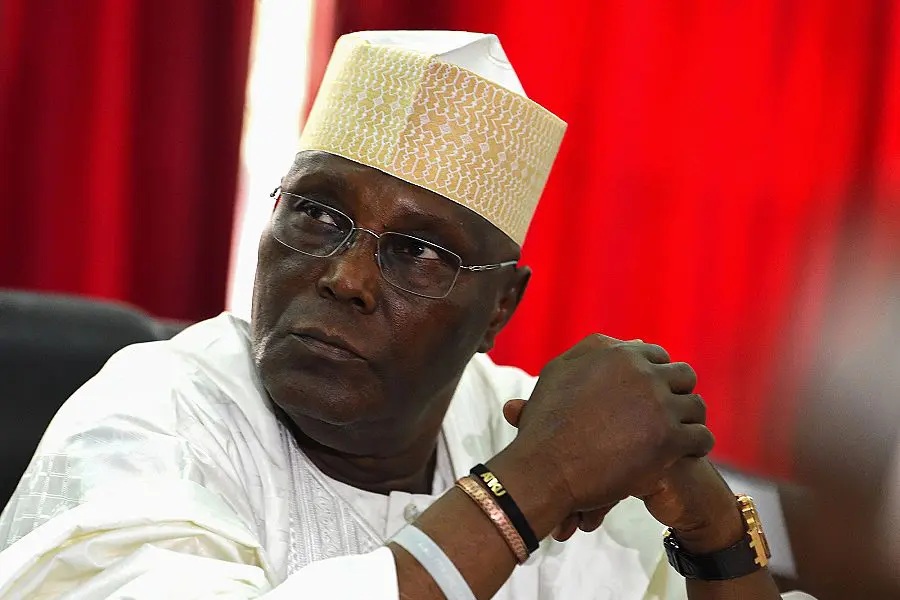News
Why UK Govt Wants 16-Year-Olds to Vote in General Elections

The United Kingdom has announced plans to reduce the voting age to 16 for general elections.
This move could make the UK one of the few countries worldwide to grant teenagers full voting rights in national polls.
Deputy Prime Minister Angela Rayner revealed the proposal on Thursday, July 17, 2025,
Diaspora Digital Media learnt that the reform is delivered on a key campaign promise made by the Labour Party before it won power in 2024.
Prime Minister Keir Starmer defended the plan, saying, “If you’re old enough to work and pay taxes, you’re old enough to vote. You deserve a say in how your money is spent.”
However, the plan has already stirred controversy. Critics argue that allowing 16- and 17-year-olds to vote is politically convenient for Labour, as younger voters tend to support the center-left party.
To make the change official, the government will need to pass legislation in parliament. With Labour holding a comfortable majority, the bill is likely to succeed.
Diaspora Digital Media also confirmed that if implemented, this would be the UK’s most significant democratic reform since 1969, when the voting age was last lowered from 21 to 18.
Labour ministers say the reform is not about politics but about modernizing democracy. They believe the move will increase voter turnout, especially among young people.
Only a handful of countries allow 16-year-olds to vote in national elections. These include Austria, Argentina, Brazil, Ecuador, and Cuba. Austria was the first European country to adopt the policy in 2007.
The proposal also aligns general elections with current practices in Scotland and Wales, where 16-year-olds can already vote in devolved elections.
Alongside lowering the voting age, the government will introduce automated voter registration.
The goal is to make voting more accessible and inclusive. Automated registration is already used in countries like Australia and Canada.
Another key change is accepting UK-issued bank cards as valid voter ID. This reverses strict ID rules introduced by the previous Conservative government, which the Electoral Commission said blocked over 750,000 people from voting in 2024.
Harry Quilter-Pinner, executive director at the Institute for Public Policy Research, welcomed the move. He called it “the biggest reform to our electoral system since 1969.”
He added that automated registration and the lower voting age could bring 9.5 million new voters into the system.
“Our democracy is in crisis,” Quilter-Pinner warned. “These reforms are urgent and necessary.”
Supporters argue the changes will give young people a voice on issues that directly impact them such as climate policy, education, and jobs.
The Labour government is set to introduce the legislation in the coming weeks.
For Diaspora Digital Media Updates click on Whatsapp, or Telegram. For eyewitness accounts/ reports/ articles, write to: citizenreports@diasporadigitalmedia.com. Follow us on X (Fomerly Twitter) or Facebook












